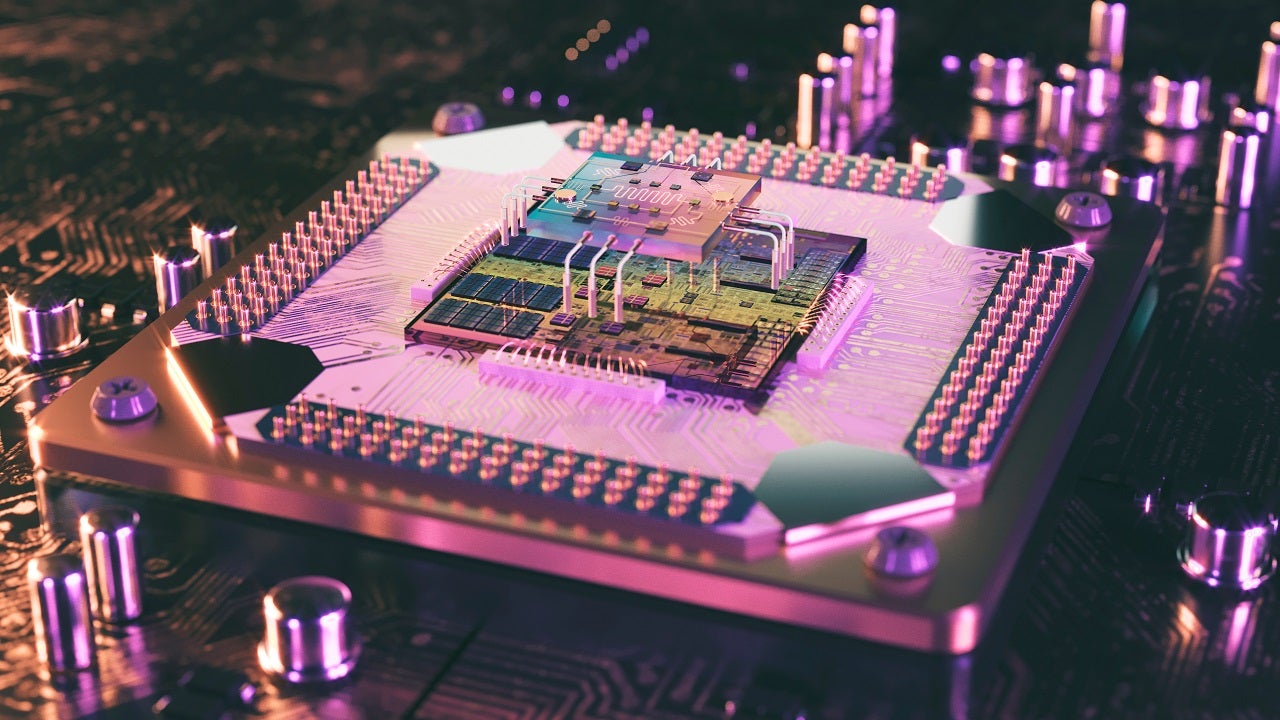IonQ, which produces quantum computing devices, has announced that it will go public on the NYSE, through a merger with the special purpose acquisition company (SPAC), dMY Technology Group III.
In a deal worth $650m to IonQ, the company will become the first that concentrates solely on quantum computers to be traded publicly. $300m of the funding will come from the SPAC, with the rest coming from initial venture capital and a new funding round from Hyundai and Bill Gates’s Breakthrough Energy Ventures. It will be listed as IONQ, and be worth $2bn.
The money has been earmarked for an Xbox-sized quantum device by 2023 that runs at room temperature. Due to the vast engineering challenges involved, whether or not this is possible is hotly debated in the quantum community.
The quantum computing field has recently become a hotbed of activity, with private start-ups from around the world vying for position in the race for quantum supremacy.
Classical computers, such as those in even the most powerful supercomputers, begin to struggle when presented with a sufficiently complex problem. By harnessing principles from quantum mechanics, quantum computers have the potential to speed up difficult calculations by orders of magnitude. Use cases stretch from weather forecasting to breaking encryption codes.
There are a variety of ways to construct a quantum computer. IonQ concentrates on the trapped ion approach, which involves holding a charged atom in an electromagnetic field and using lasers to perform calculations. Other methods include superconducting circuits, used by the likes of Google and IBM, and photonic approaches (using light) used by PsiQuantum and the University of Science and Technology of China.

US Tariffs are shifting - will you react or anticipate?
Don’t let policy changes catch you off guard. Stay proactive with real-time data and expert analysis.
By GlobalDataThe trapped ion method has so far proved relatively successful, with IonQ claiming a quantum volume – a metric that describes the performance of a quantum computer – of over four million and in contrast to the second place, Google, with a quantum volume of 256. Take this with a pinch of salt if you will, as quantum volume data is not necessarily comparable between different vendors (and qubit architectures).
IonQ, though, believes that it is poised to win in the quantum market. Big-name investors, such as Amazon, Samsung, Lockheed Martin, and Airbus, agree: over $80m of private investment has already poured into the company.
While IonQ’s trapped ion qubits are available for use right now through quantum cloud services such as Amazon Braket and Microsoft Azure Quantum, business benefits will come later this decade. The company does not expect to turn a profit until 2025. Indeed, most observers agree that you need at least a few hundred qubits to do meaningful calculations, so, right now, quantum computing is not ready for commercial proliferation.
By 2026, however, IonQ believes that the technology will reach an inflection point. The company anticipates revenues of $522m in that year, representing a CAGR of 150%, in its 2021 investor presentation.
Financial arbitrage optimizations an example of a significant use case: traders that can identify market discrepancies faster than others are set to make profits. JP Morgan Chase and Goldman Sachs are just a couple of examples of financial companies that are looking to get ahead of the quantum curve.
While commercial applications of quantum computing are yet to be fully proven, the business community is already awash with excitement over quantum potential. Investors will be looking to capitalize on this opportunity and IonQ will surely not be the last quantum specialist to go public. Similar companies such as Rigetti and PsiQuantum will likely follow.
You can find out more about the state of the quantum computing market in GlobalData’s recent report: ‘Thematic Research: Quantum Computing’.









